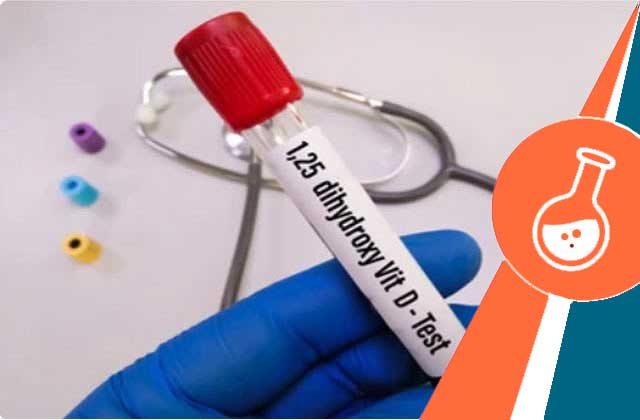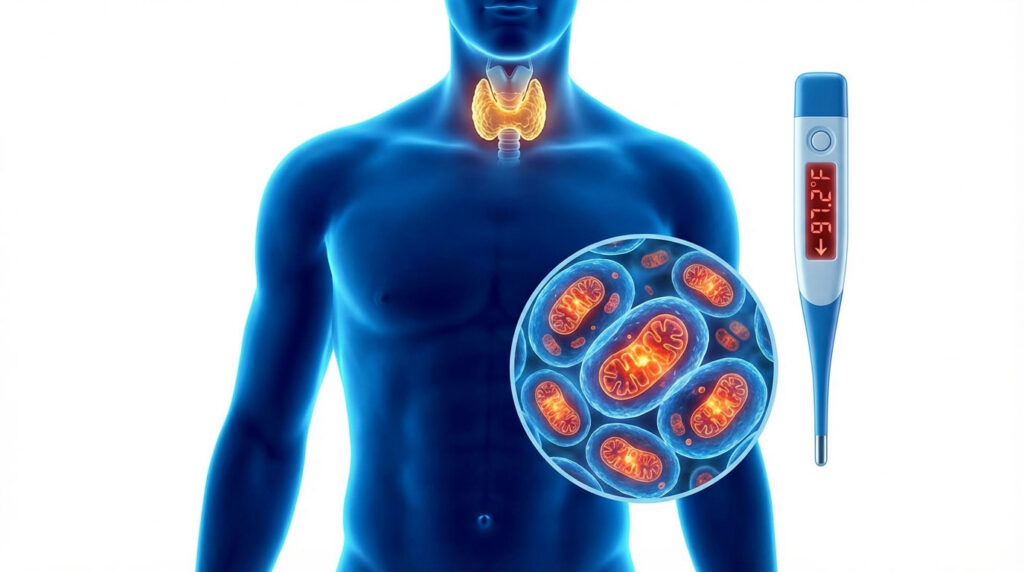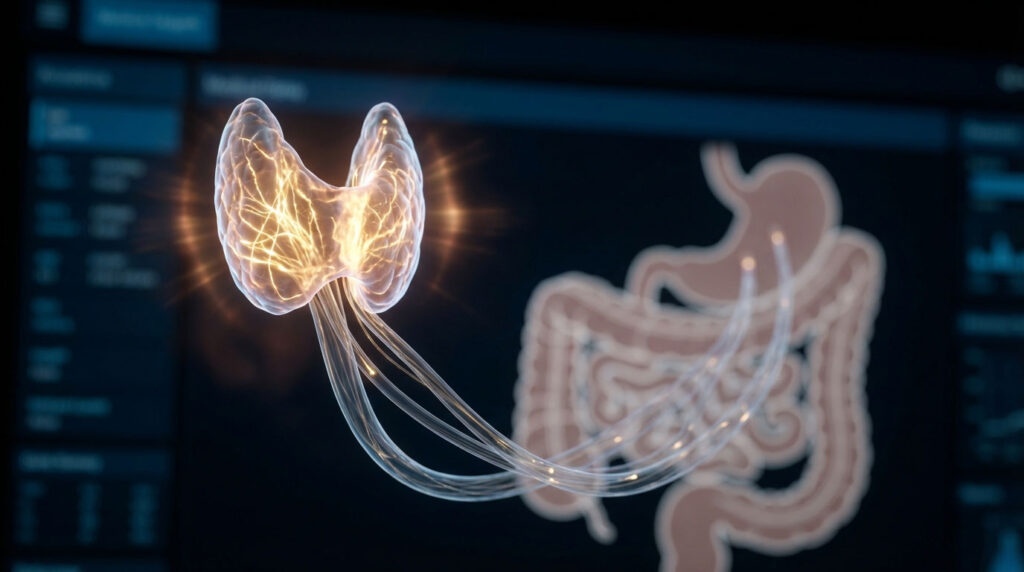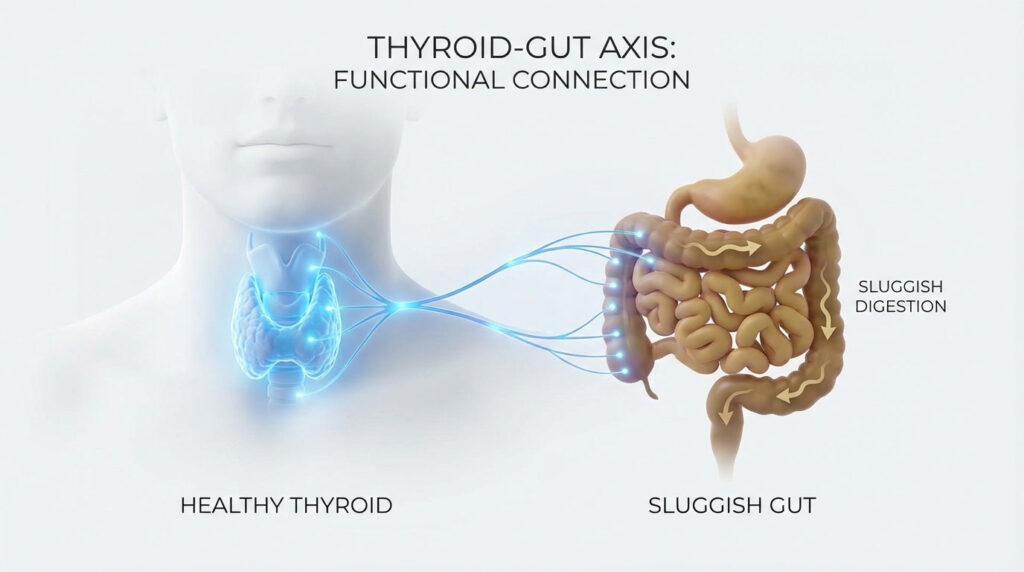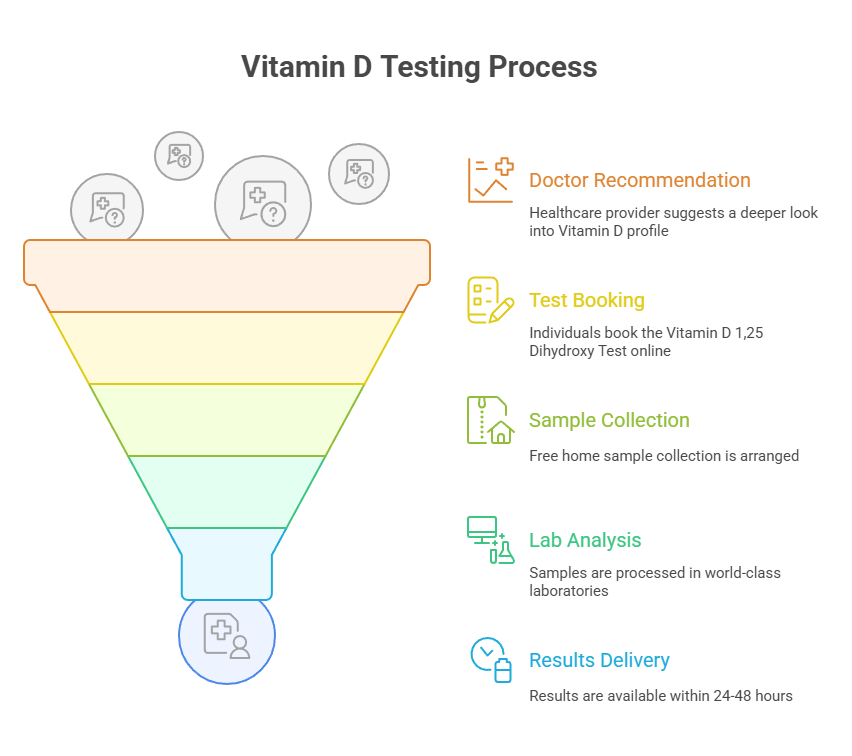
Importance of Vitamin D 1,25-dihydroxy in the body
Vitamin D 1,25-dihydroxy, also known as calcitriol, is the active form of vitamin D in the body. Vitamin D is a fat-soluble vitamin that is primarily obtained through exposure to sunlight and certain foods.
Once vitamin D is consumed or synthesized in the skin, it undergoes several transformations in the liver and kidneys to become its active form, vitamin D 1,25-dihydroxy.
Vitamin D 1,25-dihydroxy plays a crucial role in regulating calcium and phosphate metabolism in the body. It helps to increase calcium absorption from the intestine, reabsorb calcium and phosphate from the kidneys, and mobilize calcium from bones when needed.
In addition to its role in bone health, vitamin D 1,25-dihydroxy also has other important functions in the body. It plays a role in immune system regulation, cell growth and differentiation, and has been linked to a reduced risk of certain types of cancer, cardiovascular disease, and autoimmune disorders.
Transformation of Vitamin D in the liver and kidneys to become Vitamin D 1,25-dihydroxy
Vitamin D is either ingested from food sources or synthesized in the skin through exposure to sunlight. The liver converts Vitamin D to 25-hydroxyvitamin D (25(OH)D), which is the major circulating form of Vitamin D in the body.
The kidneys then convert 25(OH)D to its active form, Vitamin D 1,25-dihydroxy (1,25(OH)2D). This conversion process is tightly regulated by a hormone called parathyroid hormone (PTH) and by the level of calcium and phosphate in the blood.
When calcium levels in the blood are low, the parathyroid glands release PTH, which stimulates the kidneys to convert more 25(OH)D to 1,25(OH)2D. This increase in 1,25(OH)2D levels leads to increased calcium absorption from the intestines, reabsorption of calcium and phosphate from the kidneys, and mobilization of calcium from bones.
Conversely, when calcium levels in the blood are high, the production of PTH is inhibited, which leads to a decrease in the conversion of 25(OH)D to 1,25(OH)2D. This results in decreased calcium absorption from the intestines, decreased reabsorption of calcium and phosphate from the kidneys, and decreased mobilization of calcium from bones.
The production of 1,25(OH)2D is also regulated by other hormones, such as calcitonin and fibroblast growth factor 23 (FGF23), as well as by the level of phosphorus in the blood.
Functions of Vitamin D 1,25-dihydroxy
- Regulating calcium and phosphate metabolism: Vitamin D 1,25-dihydroxy plays a critical role in maintaining proper levels of calcium and phosphate in the body. It increases calcium absorption from the intestines, reabsorption of calcium and phosphate from the kidneys, and mobilization of calcium from bones when needed. This helps to maintain the structural integrity of bones and teeth and to support muscle function, nerve transmission, and other physiological processes that require calcium and phosphate.
- Supporting bone health: Vitamin D 1,25-dihydroxy is essential for bone growth and remodeling. It helps to stimulate the production of osteoblasts, which are cells that build new bone tissue, and to inhibit the production of osteoclasts, which are cells that break down bone tissue. This helps to maintain bone density and prevent osteoporosis, a condition characterized by weak and brittle bones.
- Regulating immune function: Vitamin D 1,25-dihydroxy has immunomodulatory effects and plays a role in regulating the immune system. It can enhance the function of immune cells, such as T cells and B cells, and can reduce inflammation in the body. This may help to protect against infectious diseases, autoimmune disorders, and certain types of cancer.
- Supporting cell growth and differentiation: Vitamin D 1,25-dihydroxy is involved in regulating the growth and differentiation of cells in various organs and tissues. It has been shown to inhibit the growth of cancer cells and to promote the differentiation of certain types of cells, such as muscle cells and nerve cells.
Measurement of Vitamin D 1,25-dihydroxy levels
The most common method for measuring Vitamin D 1,25-dihydroxy levels is through a blood test. The test is usually prescribed by a doctor if there is suspicion of Vitamin D deficiency or excess, or if there are symptoms of conditions related to abnormal calcium metabolism such as osteoporosis or renal disease.
During the test, a sample of blood is drawn from a vein in the arm and sent to our laboratory for analysis. Our laboratory then measures the levels of Vitamin D 1,25-dihydroxy in the blood using a technique called high-performance liquid chromatography (hplc blood test) or radioimmunoassay (RIA).
It is important to note that Vitamin D 1,25-dihydroxy levels can be affected by various factors, including age, gender, ethnicity, time of day, and season. In addition, certain medications, such as corticosteroids and anticonvulsants, can affect the levels of Vitamin D 1,25-dihydroxy in the blood.
Therefore, it is important to interpret the results of Vitamin D 1,25-dihydroxy tests in conjunction with other clinical information, such as symptoms, medical history, and results of other tests, to determine the appropriate course of treatment.
The role of Vitamin D 1,25-dihydroxy in maintaining proper calcium and phosphate balance in the body
Vitamin D 1,25-dihydroxy plays a crucial role in maintaining proper calcium and phosphate balance in the body.
Calcium and phosphate are essential minerals that are involved in many physiological processes, including bone formation, nerve function, and muscle contraction. The levels of calcium and phosphate in the body are tightly regulated through a complex system that involves various hormones and organs.
Vitamin D 1,25-dihydroxy plays a key role in this system by increasing the absorption of calcium and phosphate from the diet in the intestines, promoting the reabsorption of calcium and phosphate from the kidneys, and stimulating the release of calcium from bones when needed.
When the levels of calcium and phosphate in the blood are too low, the parathyroid gland releases a hormone called parathyroid hormone (PTH), which stimulates the production of Vitamin D 1,25-dihydroxy in the kidneys. Vitamin D 1,25-dihydroxy then increases the absorption of calcium and phosphate from the diet and mobilizes calcium from bones to restore normal levels in the blood.
On the other hand, when the levels of calcium and phosphate in the blood are too high, the body produces a hormone called calcitonin, which inhibits the production of PTH and reduces the production of Vitamin D 1,25-dihydroxy. This helps to lower the absorption of calcium and phosphate from the intestines, increase the excretion of calcium and phosphate by the kidneys, and promote the deposition of calcium in bones.
In summary, Vitamin D 1,25-dihydroxy plays a critical role in maintaining proper calcium and phosphate balance in the body. It helps to ensure that the levels of these essential minerals are within a normal range, which is important for overall health and wellbeing.
More Related Tests
Why To Book with HealthCareOnTime

17 Crores+ Samples Processed

World Class Technology Labs

25+ Years of Trust & Experience

Free Home Collection
FAQs Around Vitamin D 1,25 Dihydroxy Test (Calcitriol) Test
What is Vitamin D 1,25-dihydroxy?
Vitamin D 1,25-dihydroxy is the active form of Vitamin D that is synthesized in the kidneys from Vitamin D3 or obtained from dietary sources. It plays a critical role in regulating calcium and phosphate metabolism, supporting bone health, regulating immune function, and supporting cell growth and differentiation.
What is the recommended daily intake of Vitamin D 1,25-dihydroxy?
There is no recommended daily intake of Vitamin D 1,25-dihydroxy because it is not a vitamin that can be obtained directly from the diet. Instead, it is synthesized in the kidneys from Vitamin D3 or obtained from dietary sources of Vitamin D.
What are the dietary sources of Vitamin D 1,25-dihydroxy?
There are no dietary sources of Vitamin D 1,25-dihydroxy. However, certain foods are rich in Vitamin D3, which is converted to Vitamin D 1,25-dihydroxy in the kidneys. These include fatty fish, egg yolks, and fortified foods such as milk, orange juice, and breakfast cereals.
What are the symptoms of Vitamin D 1,25-dihydroxy deficiency?
Symptoms of Vitamin D 1,25-dihydroxy deficiency can include weakened bones, muscle weakness, fatigue, and increased risk of fractures. Severe deficiency can lead to a condition called rickets in children and osteomalacia in adults.
Can Vitamin D 1,25-dihydroxy be toxic?
Yes, excessive intake of Vitamin D supplements can lead to Vitamin D toxicity, which can cause symptoms such as nausea, vomiting, constipation, weakness, and kidney damage. It is important to follow recommended dosages and to have blood levels monitored by a healthcare provider when taking Vitamin D supplements.

